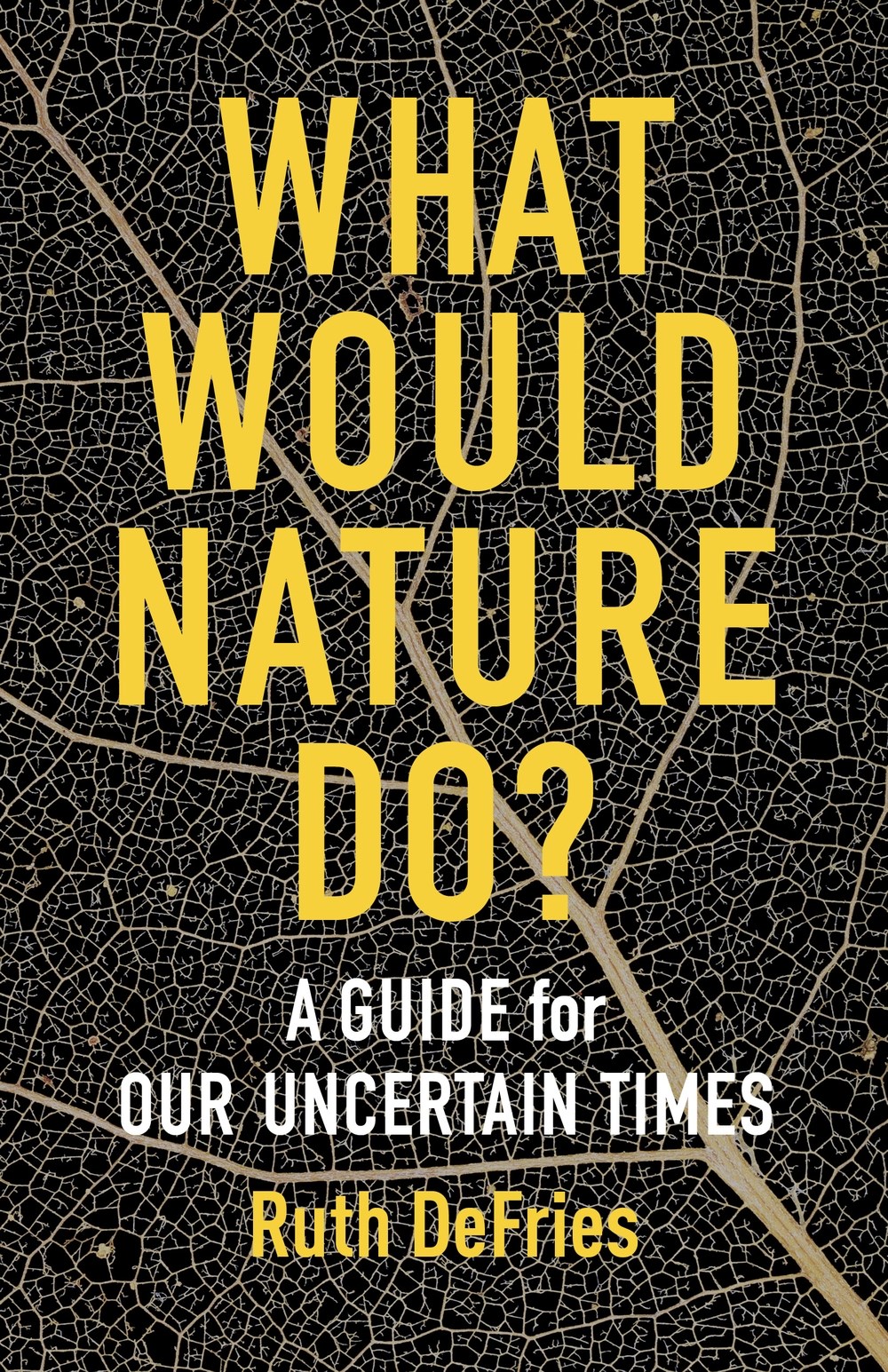Justice, Justice Thou Shalt Pursue, reviewed in Washington Post
Ruth Bader Ginsburg’s last book is a curation of her own legacy, tracing the long history of her work for gender equality and a “more perfect Union.”

Ruth Bader Ginsburg’s last book is a curation of her own legacy, tracing the long history of her work for gender equality and a “more perfect Union.”

Please find below links to download a PDF and Excel spreadsheet showing all titles publishing in May 2021 from the UPG presses. There is also a link to the collection on Edelweiss.

Minae Mizumura’s An I-Novel is a semi-autobiographical work that takes place over the course of a single day in the 1980s. Minae is a Japanese expatriate graduate student who has lived in the United States for two decades but turned her back on the English language and American culture. After a phone call from her older sister reminds her that it is the twentieth anniversary of their family’s arrival in New York, she spends the day reflecting in solitude and over the phone with her sister about their life in the United States, trying to break the news that she has decided to go back to Japan and become a writer in her mother tongue.

Please find below links to download a PDF and Excel spreadsheet showing all titles publishing in April from the UPG presses. There is also a link to the collection on Edelweiss.

Please find below links to download a PDF and Excel spreadsheet showing all titles publishing in March from the UPG presses. There is also a link to the collection on Edelweiss.

Look at the back label of a bottle of wine and you may well see a reference to its terroir, the total local environment of the vineyard that grew the grapes, from its soil to the climate. Winemakers universally accept that where a grape is grown influences its chemistry, which in turn changes the flavor of the wine. A detailed system has codified the idea that place matters to wine. So why don’t we feel the same way about whiskey?

This lavishly illustrated photographic guide provides a comprehensive overview of the natural history of wildlife habitats in Britain and Ireland. Now completely redesigned in a handy field-guide format, and featuring revised and updated text throughout, this new edition of Britain’s Habitats guides readers through all the main habitat types, presenting information on their characteristics, extent, geographical variation, key species, cultural importance, origins and conservation.

The United States has been fighting wars constantly since invading Afghanistan in 2001. This nonstop warfare is far less exceptional than it might seem: the United States has been at war or has invaded other countries almost every year since independence. In The United States of War, David Vine traces this pattern of bloody conflict from Columbus’s 1494 arrival in Guantanamo Bay through the 250-year expansion of a global US empire. Drawing on historical and firsthand anthropological research in fourteen countries and territories, The United States of War demonstrates how US leaders across generations have locked the United States in a self-perpetuating system of permanent war by constructing the world’s largest-ever collection of foreign military bases—a global matrix that has made offensive interventionist wars more likely. Beyond exposing the profit-making desires, political interests, racism, and toxic masculinity underlying the country’s relationship to war and empire, The United States of War shows how the long history of U.S. military expansion shapes our daily lives, from today’s multi-trillion–dollar wars to the pervasiveness of violence and militarism in everyday U.S. life. The book concludes by confronting the catastrophic toll of American wars—which have left millions dead, wounded, and displaced—while offering proposals for how we can end the fighting.


Exploring the lessons that life on Earth can teach us about coping with complexity, What Would Nature Do? offers timely options for civilization to reorganize for a safe and prosperous future.
